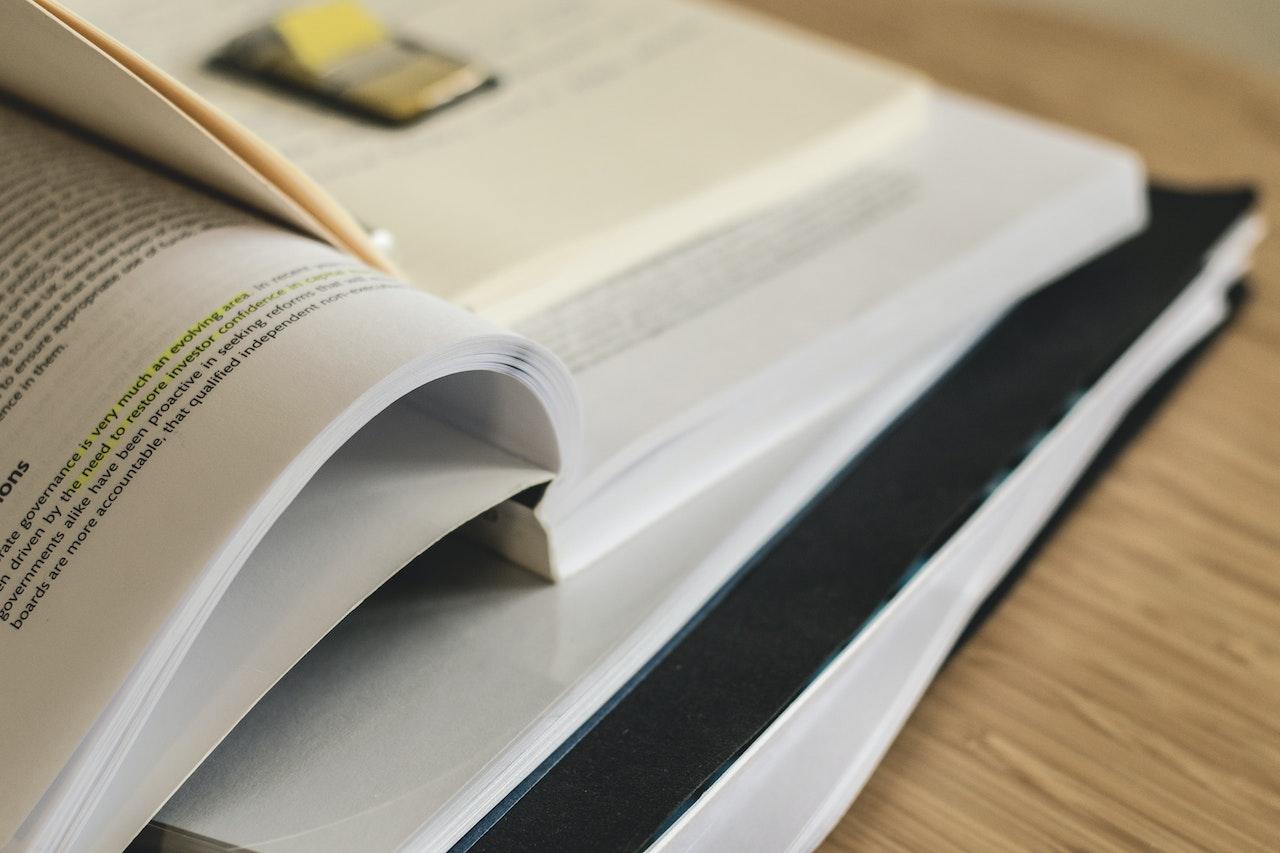Is This The Worst Expert Witness Ever?

CPR 35 and the family and criminal equivalents are quite clear: the expert has an overriding duty to the court, irrespective of who instructs them or by whom they are paid. That seems quite straightforward, and the vast majority of experts (including me, I fervently hope!) are very careful to meet such requirements.
But for a blatant example of the “expert” who failed in every respect, one need only look at the case of Van Oord Ltd & Anr -v- Allseas UK Ltd [2015] EWHC 3074 (TCC), where Mr Justice Coulson took pains to explain the twelve – yes, twelve! – respects in which an expert had failed in his duty. They included:
- not even considering or formulating the costs as incurred by the claimant;
- admitting in cross-examination that he did not even agree with his own report (this is amazing!) and
- admitting that the views he had expressed in his report were merely the assertions of his clients, who themselves had resiled from such assertions in their own cross-examination.
So with experts of such low calibre, where is the litigation lawyer to find reliable experts?
In an article by Phillip Taylor MBE about the Expert Witness Institute (EWI), he referred to that body as “the leading organisation for expert witnesses in England and Wales” (my emphasis).
I agree with him that the EWI is “a” worthy body, doing a very worthwhile job of increasing the calibre (and therefore the value to the court) of expert witnesses, but I disagree with his pronoun “the”. The fact is that other expert witness bodies are available (to misquote marketing spiel), and I ask the reader to consider these facts about The Academy of Experts, of which I can say with pride that I am one of only about 60 fellows, and where I sit on the Investigation Committee and act as an examiner in mediation and expert determination. So, as you may deduce, the Academy is dear to my heart.
Consider this:
- The Academy of Experts (TAE) was formed in 1987 in response to the need for standards for those acting as experts.
- TAE is run by Experts, on behalf of Experts, by an elected council and officer team drawn from the membership.
- There are rules in place to ensure that the governance structure is not dominated by any one profession.
- TAE has always had a good working relationship with the judiciary and has a Judicial Committee, members of which are appointed or approved by the Lord Chancellor. Members of the committee are drawn from a variety of jurisdictions and currently include:
- A former judge of the Supreme Court UK – Lord Saville (the “Bloody Sunday” chairman)
- A current judge of the Supreme Court UK – Lord Reed
- Court of Appeal – Lord Justice Jackson (yes, he of the Jackson report)
- Court of Appeal – Lady Justice Hallett
- Court of Sessions (Scotland) – Lady Anne Smith
- Court of Appeal Northern Ireland – Rt Hon Lord Justice Weatherup
- High Court Hong Kong – Mr Justice Harris
- Mr Justice Bokhary (a non-permanent judge of the Court of Appeal HK) who also participates in the committee’s work.
- The Judicial Committee has been responsible for a number of publications including:
- Model Form of Expert’s Report
- Model Expert Witness CV
- Guidance notes on Contingency Fees
- TAE provides accreditation of its members as Expert Witnesses – its vetting procedure for new members is known to be extremely rigorous and effective (and I can confirm this with feeling, since one of my honorary tasks as a fellow is to vet the accountancy applicants).
- As well as accreditation and training of Expert Witnesses, TAE trains and accredits Mediators and Expert Determiners.
- The membership is broadly based:
- TAE has a wide spread of members from Accountancy to Zoology with no one area dominating
- Members come from a wide range of firm sizes – from individuals/sole traders to large multinationals
- Membership is international – members come from across the UK, Europe, America, Asia and the Antipodes.
Now, in selling a product or service, many people fall into the trap of setting out features rather than benefits. To distinguish one from the other, it is useful when being told of a feature to say “So what?” The answer leads one to the benefits. And the benefits of using an expert from The Academy are that one can be assured:
- that a member has been vetted,
- that they be well trained as experts as well as experienced members of their primary profession,
- that they are highly likely to perform well as experts, even under cross-examination and
- that if they do fall below the accepted standard, they will likely be appearing before my Investigation Committee – though that’s rare, and we don’t want to go there!
Now the litigation lawyer is aware of two excellent expert witness bodies. I couldn’t possibly say which I prefer, but you do now have the choice.
